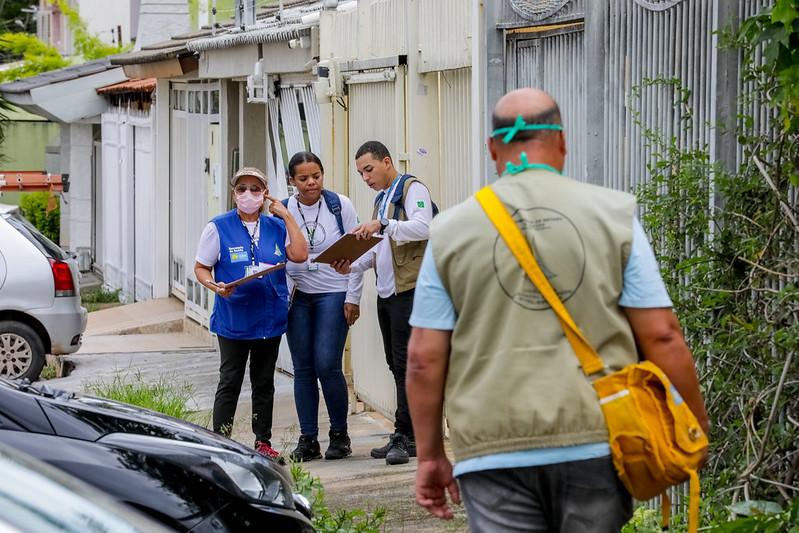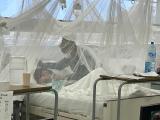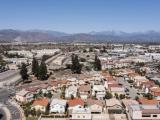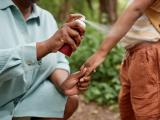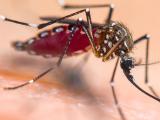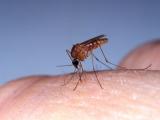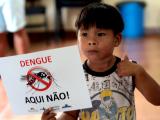Amid record dengue cases in the Americas region this year, the Pan American Health Organization (PAHO) said in a new risk assessment that the disease poses a high risk to the region owing to multiple factors, including the impacts of climate change and other environmental factors, as well as resource-limited health systems.
The agency said the world is experiencing a surge in dengue activity, with large outbreaks reported across several regions. For example, Bangladesh has reported an unusually high and deadly surge, due to an earlier seasonal onset, flooding, and a shift in serotype circulation.
Cases exceed 2019 record
In the Americas, a record 4.1 million cases have been reported so far this year, well above the 2019 record year, when more than 3.1 million cases were registered. Brazil has been the hardest-hit country, with more than 2.9 million cases, followed by Peru and Mexico. PAHO has issued several epidemiologic alerts this year regarding dengue, most recently on December 5. In September, it sounded the alarm about expected regional rises with the approach of the Southern Hemisphere's summer season.
Simultaneous outbreaks among countries challenge the response to the epidemic, PAHO said, noting that shortages of good dengue diagnostic kits have been a problem.
Since January, 43 countries or territories in the Americas have reported dengue cases, with 17 currently experiencing outbreaks. Dengue type 3 and type 4 are most common, following several years of illness activity dominated by type 1 and type 2. All four serotypes are circulating in nine America's countries. Brazil has borne the brunt of severe cases, followed by Colombia, Mexico, Peru, and Bolivia.
Multiple factors fueling rises
Rising temperatures have paved the way for Aedes mosquito populations to expand, exposing new populations to the virus, PAHO said.
It also said the shift in circulating serotypes could increase the number of severe illnesses and deaths due to antibody-dependent enhancement, whereby an infection from a different serotype can cause severe disease.
Like other world regions, nations in the Americas face challenges that raise the risk for dengue transmission, including underdeveloped healthcare systems and increased urbanization, population growth, and population movements. Those factors are compounded by increased travel following the worst years of the COVID-19 pandemic.
High risk to human health and challenges with disease control
Also, PAHO said prolonged outbreaks are a challenge, as outbreaks strain some health systems as countries continue to recover from the pandemic. Lack of strong support for local vector-control programs is also a concern, PAHO said. "Dengue is a historically and chronically underfunded program, and donor interest is low," it added.
Dengue is a historically and chronically underfunded program, and donor interest is low.
In the risk assessment, PAHO put the risk to human health as high and likely, adding that there are vulnerability pockets, even in endemic countries that have had the capacity to control and manage dengue cases.
PAHO put the risk of geographic spread as moderate but likely. "New areas with dengue naïve populations are reporting cases, though numbers are relatively small."
And finally, the agency rated the risk of insufficient control capacity as high and likely, referencing the diagnostic kit shortage, along with healthcare systems that are juggling other health challenges and a lack of multisector coordination within countries.
